Sport
Western leaders knew Israel’s plans for Gaza all along — their outrage now is less about morality than about politics, public pressure, and damage control.
In July 2024, I walked into an unusual meeting with a European Union leader to discuss the situation in Gaza. But as soon as he started speaking, his first words were, “We [the EU] are completely irrelevant.”
Everything he said that day left me astonished because of his candour and sheer contradiction to what European leaders say in public.
As he passed his tablet around the table to show satellite imagery that the EU had been collecting of destroyed Gaza neighbourhoods, he said: “Israel is wiping out the place systematically to make Gaza uninhabitable, so that as soon as the war is over, people there would have no option but to leave.”
He also lambasted the EU’s hypocrisy. “We give Gaza’s people food and bandages in the morning and give Israel bombs in the evening, so if people get killed, they wouldn’t die on an empty stomach, and if they survive, they can plaster their wounds.”
What came out of the conversation was a staggering reality: most European governments were giving Israel carte blanche to continue the war, even if some made hollow calls for a ceasefire deal. At the most, some EU leaders were asking Israel to “kill fewer people,” i.e., keep the death toll below 100, so as to keep Gaza off the headlines.
But it took more than a year since this meeting for Western leaders to start acknowledging those basic facts about the genocide, albeit in sugarcoated words.
But why did this outrage start only now, when those leaders knew all along what Israel’s plans were?
From the start, Israel had made crystal clear its genocidal intention and the very strategies it would use to accomplish this goal – mass killings, starvation, destruction, and ethnic cleansing. Nothing Israel does now is new; it’s the continuation of systematic annihilation.
Where was the world during the past 19 years of draconian siege and repeated military assaults?
Justifying complicity
This Western duplicity did not emerge on October 7, 2023.
Even before the ongoing genocide began, Gaza and Palestine were being deliberately deplatformed and deprioritised for years. The UN had said as far back as 2018 that Israel’s blockade had rendered the enclave unlivable.
But the only talk in the halls of power was the Abraham Accords that sidestep Palestinians, if not throw us under the bus entirely.
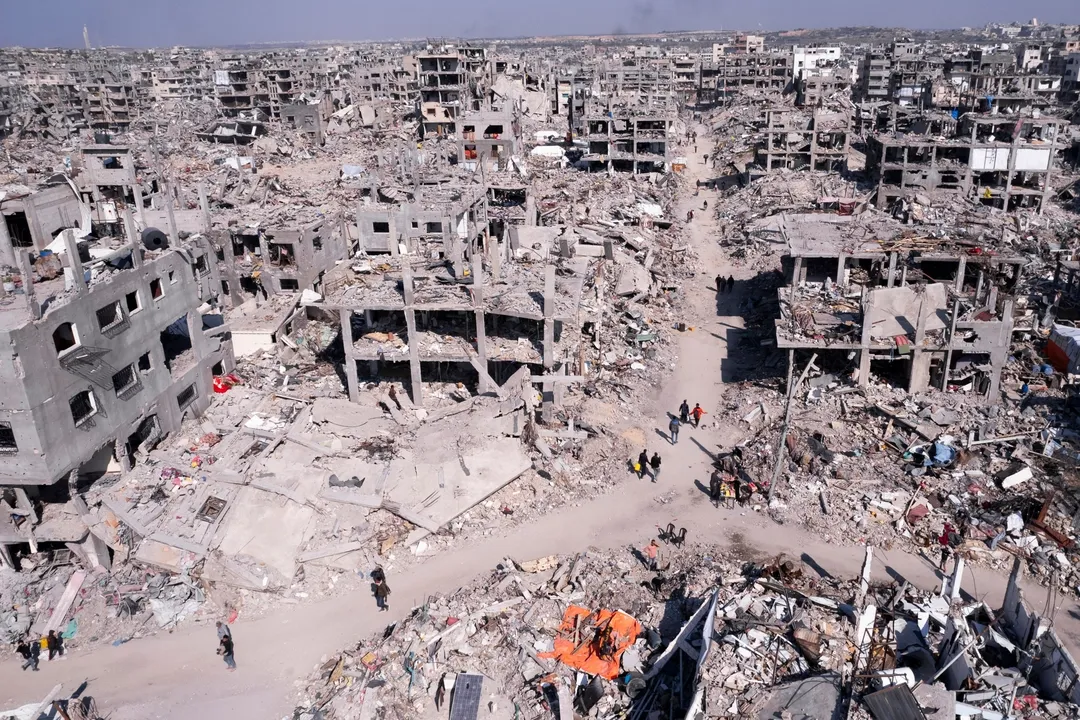
For long, Gaza resurfaced as headlines were when Hamas fired rockets. Israel’s continued occupation and abuse of Palestinians – within Gaza or in the occupied West Bank – did not even make footnotes in the Western media.
For months after October 7, Western leaders brushed off Israel’s declared genocidal intent as “emotional” or “hyperbolic” speech. “Israeli society is in a state of trauma and shock” was one of the first sentences we kept hearing over and over in those meetings.
But “what about our trauma?” Palestinians would ask.
Even before October 7, over 90 percent of Gaza’s children had PTSD, while the majority of the population suffered from depression. Most Palestinians have also lived through three wars, ten military assaults, and two ground invasions, yet you don’t see us making genocidal statements.
Even before October 7, the years 2022 and 2023 were the bloodiest in the occupied West Bank on record, but in the eyes of the “international community”, Palestinians have no right to retaliate, seek revenge, or even resent Israel.
Another excuse the West maintained was that if they criticise Israel publicly, it would sabotage the ceasefire and prisoner swap negotiations because Hamas would “harden its positions” and become “uncompromising”.
No matter how many Israeli reports exposed how Prime Minister Benjamin Netanyahu was the one scuttling ceasefire efforts for months, and how flexible Hamas was, this same talking point is still being repeated even today.
Why the sudden awakening?
In late May, Palestinians in Gaza felt hopeful by a sudden slew of strong-worded European statements calling out Israel’s starvation policy. Even Germany – one of Tel Aviv’s strongest allies – broke its silence and said Israel’s war “can no longer be justified”.
Then Israel attacked Iran, and the world’s focus shifted to the missile and drone barrage between the two countries. European leaders rushed to praise Tel Aviv’s assault on Tehran, hailing it as a step towards stopping Iran from acquiring a nuclear bomb.
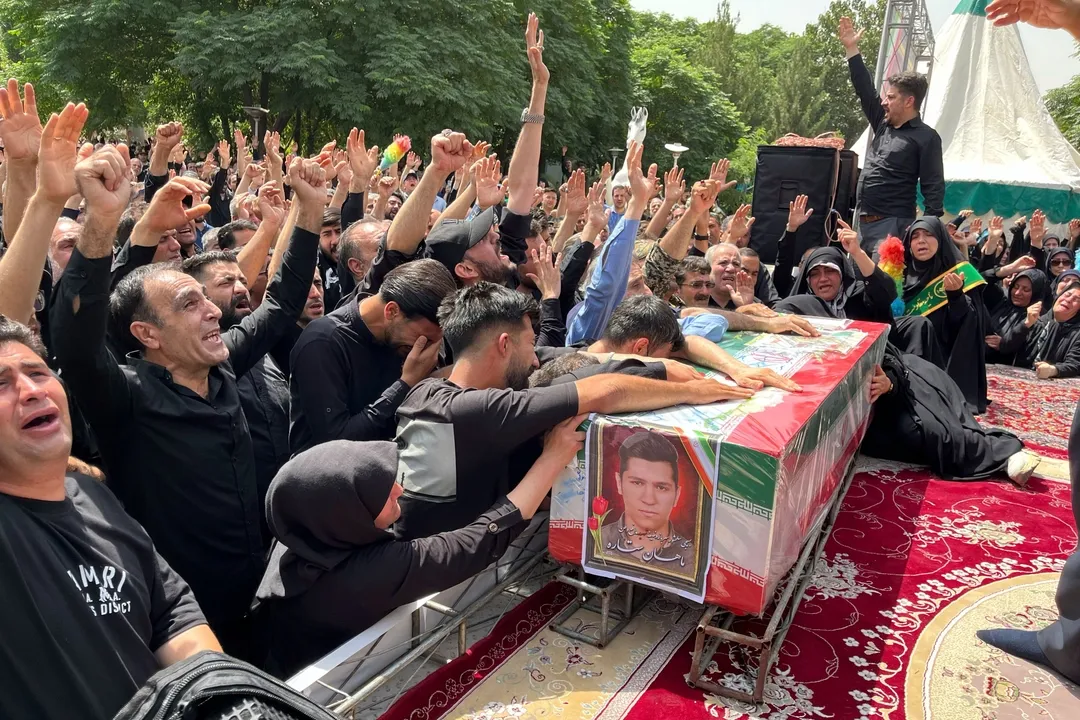
Comments
No comments Yet









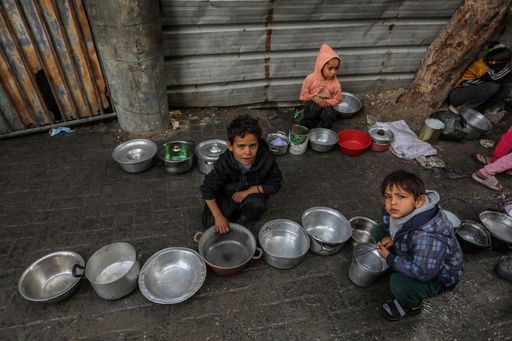
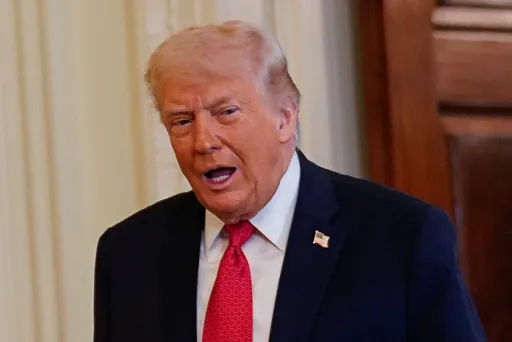
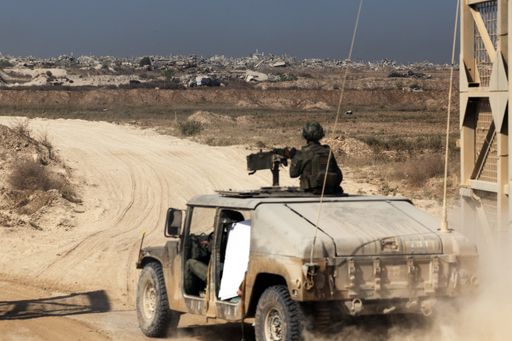


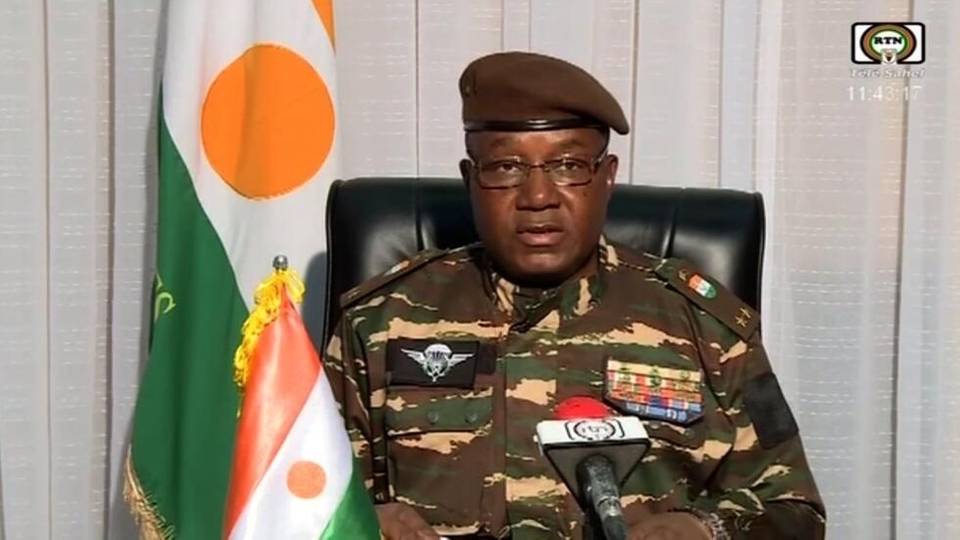
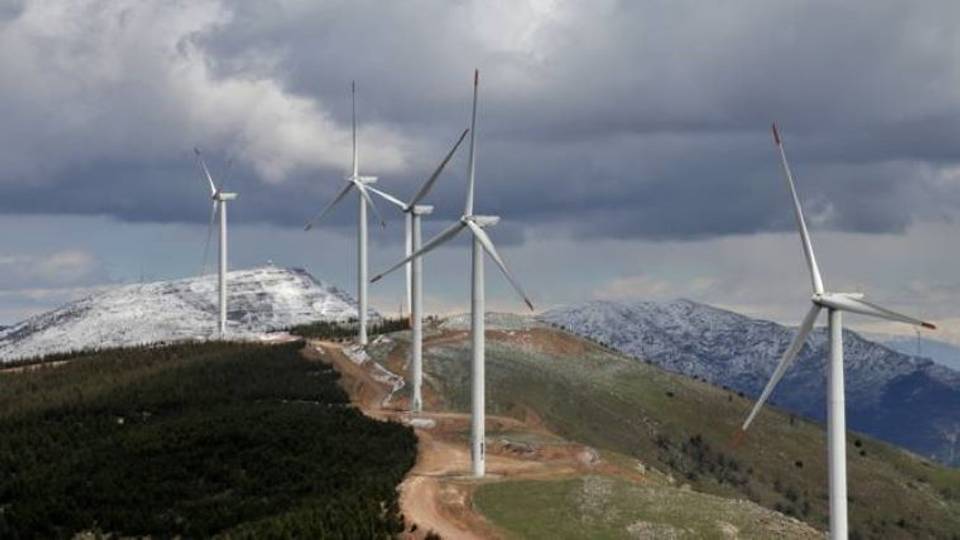
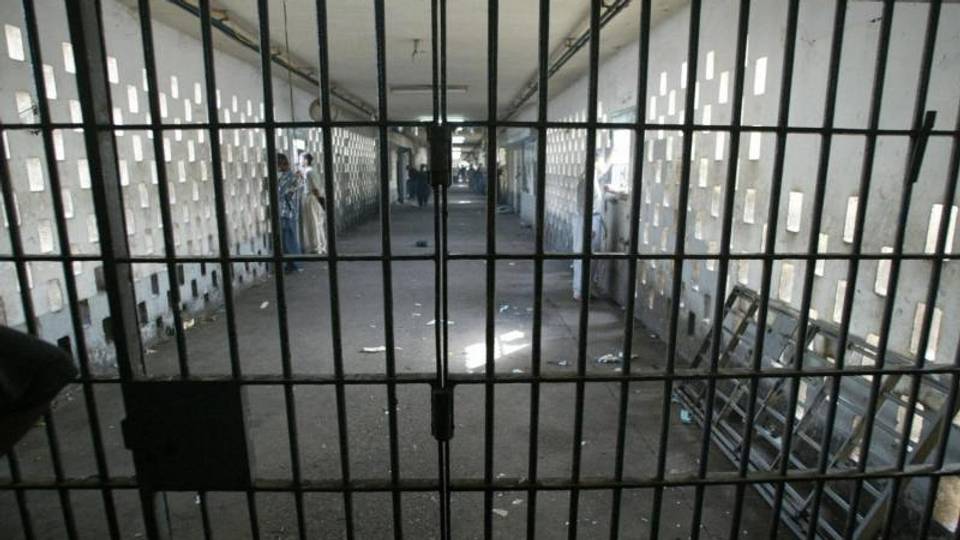
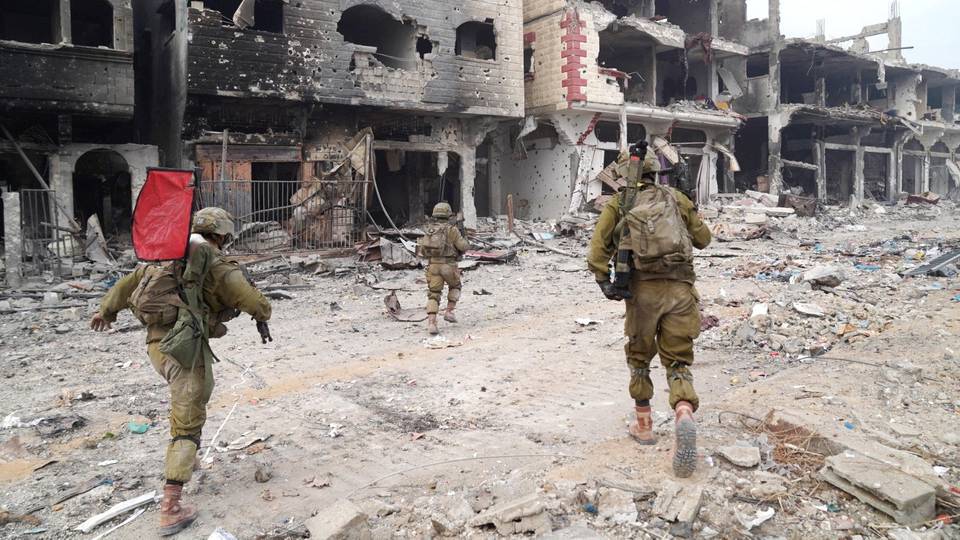


Comment